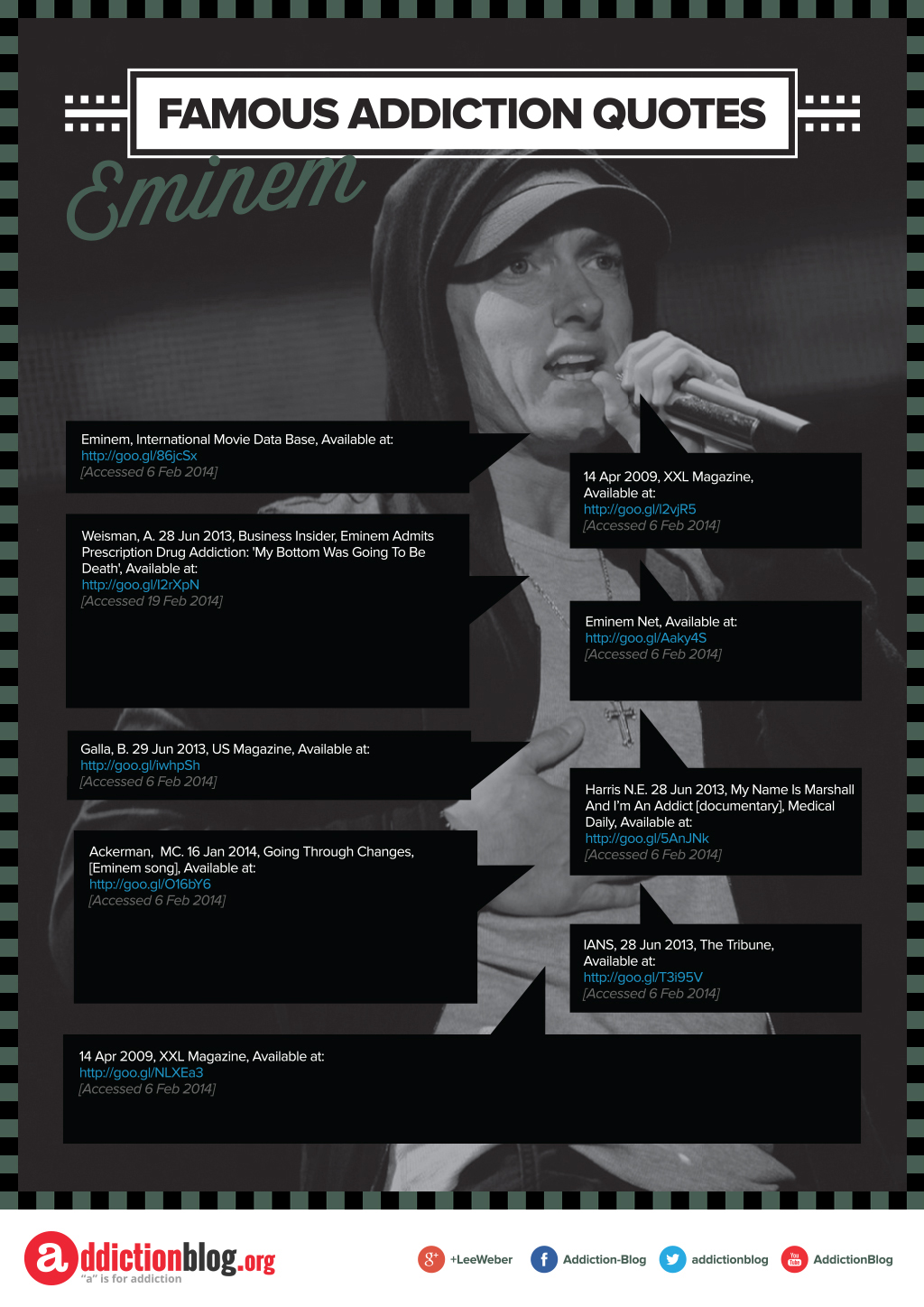Exploring The Scientific Basis Of Treating Drug Dependency
Exploring The Scientific Basis Of Treating Drug Dependency
Blog Article
Personnel Author-MacKinnon Moss
Think of Drug dependency therapy as a complex challenge, with each piece representing a various aspect of the clinical technique to combating substance abuse.
From the elaborate workings of the brain to the influence of ecological variables, the scientific research behind dependency treatment introduces a multidimensional point of view that guides reliable interventions.
Comprehending how organic, mental, and social aspects link in the treatment process can give important understandings right into promoting long-term healing.
By deciphering the science behind Drug dependency therapy, you will gain a deeper recognition for the comprehensive techniques utilized in resolving this pervasive issue.
Biological Consider Dependency Treatment
When resolving organic factors in addiction therapy, it's vital to understand exactly how the body's chemistry affects the efficiency of interventions. The way materials communicate with your mind's natural chemicals plays a significant role in dependency advancement. For instance, medications can hijack the brain's reward system, leading to cravings and compulsive drug-seeking habits. Recognizing these chemical processes aids in tailoring treatment methods like medication-assisted treatment to target particular neurotransmitter discrepancies.
Furthermore, hereditary variables can also affect how your body replies to specific materials, influencing your vulnerability to addiction. By considering these organic aspects, healthcare professionals can individualize treatment strategies that deal with the unique needs of individuals fighting addiction, ultimately boosting the chances of successful healing.
Emotional Interventions for Dependency
Understanding the mental interventions for dependency is important in enhancing the organic aspects addressed in treatment strategies. great post to read are 3 key emotional treatments that play a vital function in dependency therapy:
1. ** Cognitive-Behavioral Therapy (CBT): ** This treatment helps you recognize and alter negative idea patterns and actions related to chemical abuse.
2. ** Motivational Interviewing (MI): ** MI is a therapy method that helps you find the interior inspiration to alter habit forming habits.
3. ** Mindfulness-Based Interventions: ** These strategies concentrate on raising your awareness of yearnings and activates without judgment, aiding you handle them successfully.
These psychological treatments function together with biological treatments to give a comprehensive method to dependency healing.
Social Support and Recovery in Dependency
Social support plays a vital duty in addiction healing, providing people with the required encouragement and aid to browse the challenges of getting rid of substance abuse. Having https://www.phillyvoice.com/opioid-addiction-treatment-vaccine-oxycodone/ can significantly enhance the possibility of successful healing from dependency. Buddies, member of the family, support groups, and therapists all add to creating a network of support that can assist you remain inspired and concentrated on your trip to sobriety.
Social connections can supply understanding, compassion, and practical assistance throughout hard times, working as a source of strength and advice. By surrounding on your own with positive and encouraging people who count on your capacity to recoup, you can boost your durability and dedication to staying substance-free.
https://squareblogs.net/wayne0wm/experience-the-transformative-benefits-of-specialized-drug-recovery , you have actually discovered the scientific research behind Drug dependency treatment. By understanding the biological, emotional, and social aspects at play, you can see just how extensive therapy is crucial for healing.
Keep in mind, dependency is a beast that can be tamed with the right tools and assistance. Keep combating the excellent battle, due to the fact that you're stronger than any barrier in your means.
